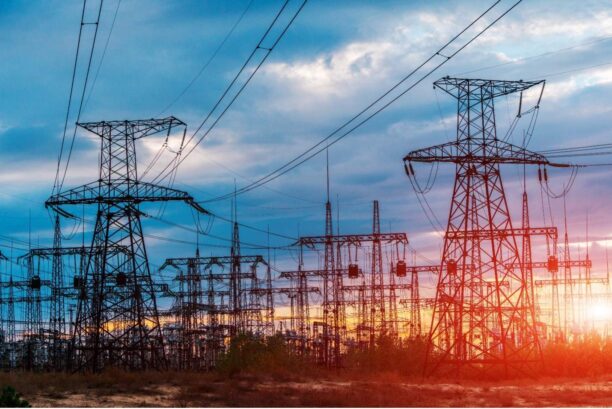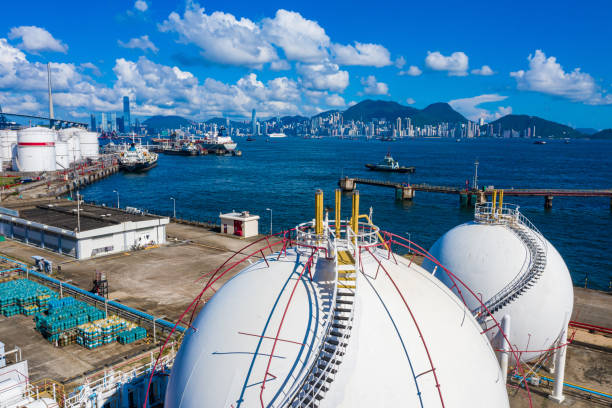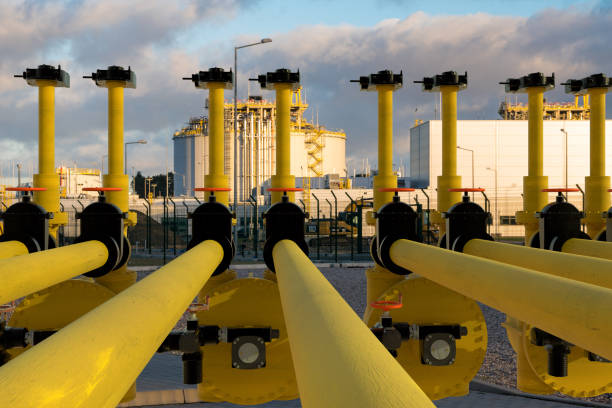Turning Grid Struggles Into New Growth for Your Propane Company
As a propane business owner, you are likely focused on the day-to-day challenges of deliveries, customer service, and keeping operations efficient. But there is a growing issue you should also pay close attention to: electric grid reliability. More states and utility companies are studying the future of the electric grid, and the results of these… Continue reading Turning Grid Struggles Into New Growth for Your Propane Company




